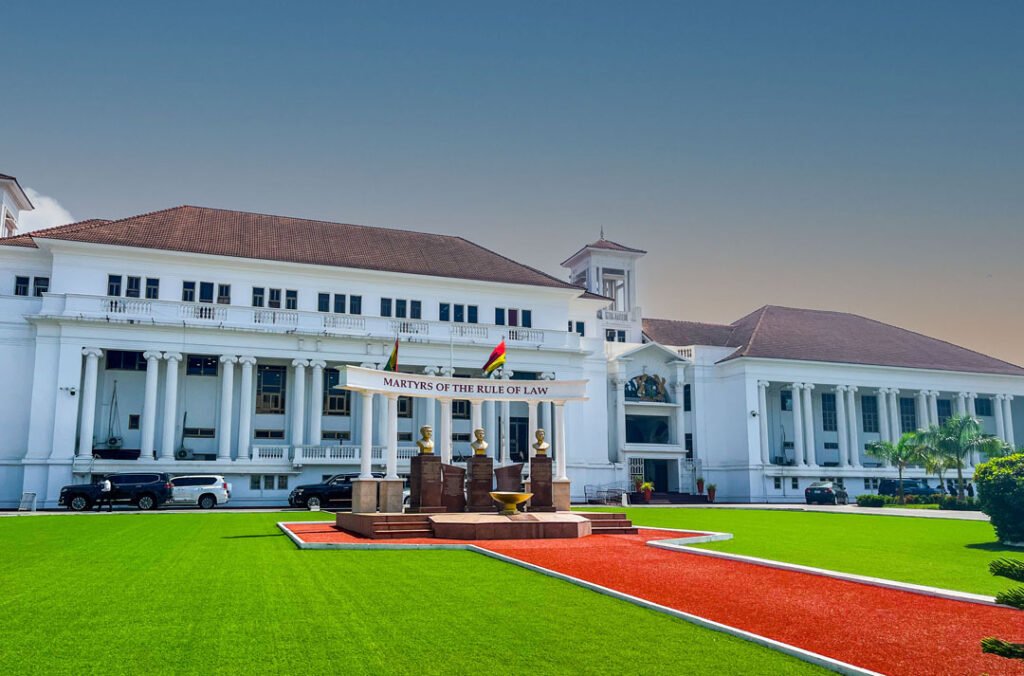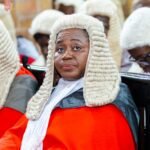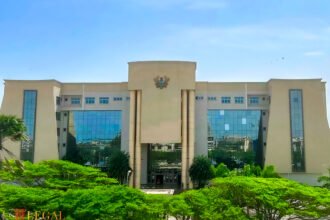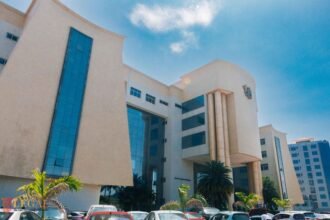
Supreme Court · [1995–96] 1 GLR 598 · 5 Dec 1995 · Ghana
Facts:
The Ghana Bar Association (GBA) invoking article 2(1) of the 1992 constitution challenged the constitutionality of the appointment of Mr. Justice Isaac Kobina Abban as Chief Justice by the President. GBA argued that Mr. Justice Abban lacked the constitutionally required standard of “high moral character and proven integrity” as mandated by Article 128(4) of the 1992 Constitution. The Association sought declarations that the appointment process – including the President’s nomination, the Council of State’s advice, and Parliament’s approval – violated Articles 91(1) and (2), 128(4), and 144(1) of the Constitution. They requested the Supreme Court to nullify the appointment, cancel the warrant, and restrain the second defendant from acting as Chief Justice. The defendants raised a preliminary objection, arguing that the Supreme Court lacked jurisdiction to hear the case.
Holding:
The Supreme Court dismissed the action, holding that:
- The core reliefs sought would effectively result in the removal of the Chief Justice, which is a process governed strictly by Article 146 of the Constitution.
- The reliefs, though framed as constitutional interpretation or enforcement, were essentially an attempt to impeach a sitting Chief Justice.
- The Court emphasized that while it has jurisdiction over constitutional enforcement, it cannot arrogate to itself powers exclusively reserved for other constitutional processes or institutions.
Implications of the Decision:
This case reaffirmed the principle of constitutional process and separation of powers. It clarified that the removal of superior court justices, including the Chief Justice, can only be effected through the process under Article 146, not by judicial declaration under Article 2 of the 1992 Constitution.
Importantly, the decision reaffirms the court’s longstanding position of jealously policing its exclusive jurisdiction under article 2(1) of the 1992 constitution.
The Court distinguished between genuine constitutional interpretation/enforcement and veiled political or administrative challenges and the need not to yield to the latter.
Significant Quote:
“I am firmly of the view that the undeclared intention of the plaintiff is to impeach the second defendant not only as Chief Justice but also as a judge of the Supreme Court by using the judicial process. For if we should declare that the second defendant is not a man of “high moral character and proven integrity” to occupy the position of Chief Justice, we would also equally have declared that he is not fit to be a justice of the Supreme Court; not having the basic qualification for such a position either. This invidious scenario is not supported by the Constitution, 1992. Constitutional lawyers will describe such a prospect as “unconstitutional and a subversion of the Constitution.” – Kpegah JSC (as he then was)
Commentary/Insight:
This case served as a defining moment in affirming that the courts must not be co-opted for resolving political or institutional power struggles cloaked in constitutional claims. The GBA’s attempt, though arguably grounded in concern for judicial integrity, risked bypassing constitutional safeguards. The Supreme Court’s restraint preserved institutional balance and underscored the importance of adhering to due process in matters involving the tenure of high judicial officers. In the long term, the ruling strengthened judicial independence by protecting the office of the Chief Justice from politically charged challenges masked as constitutional questions.











